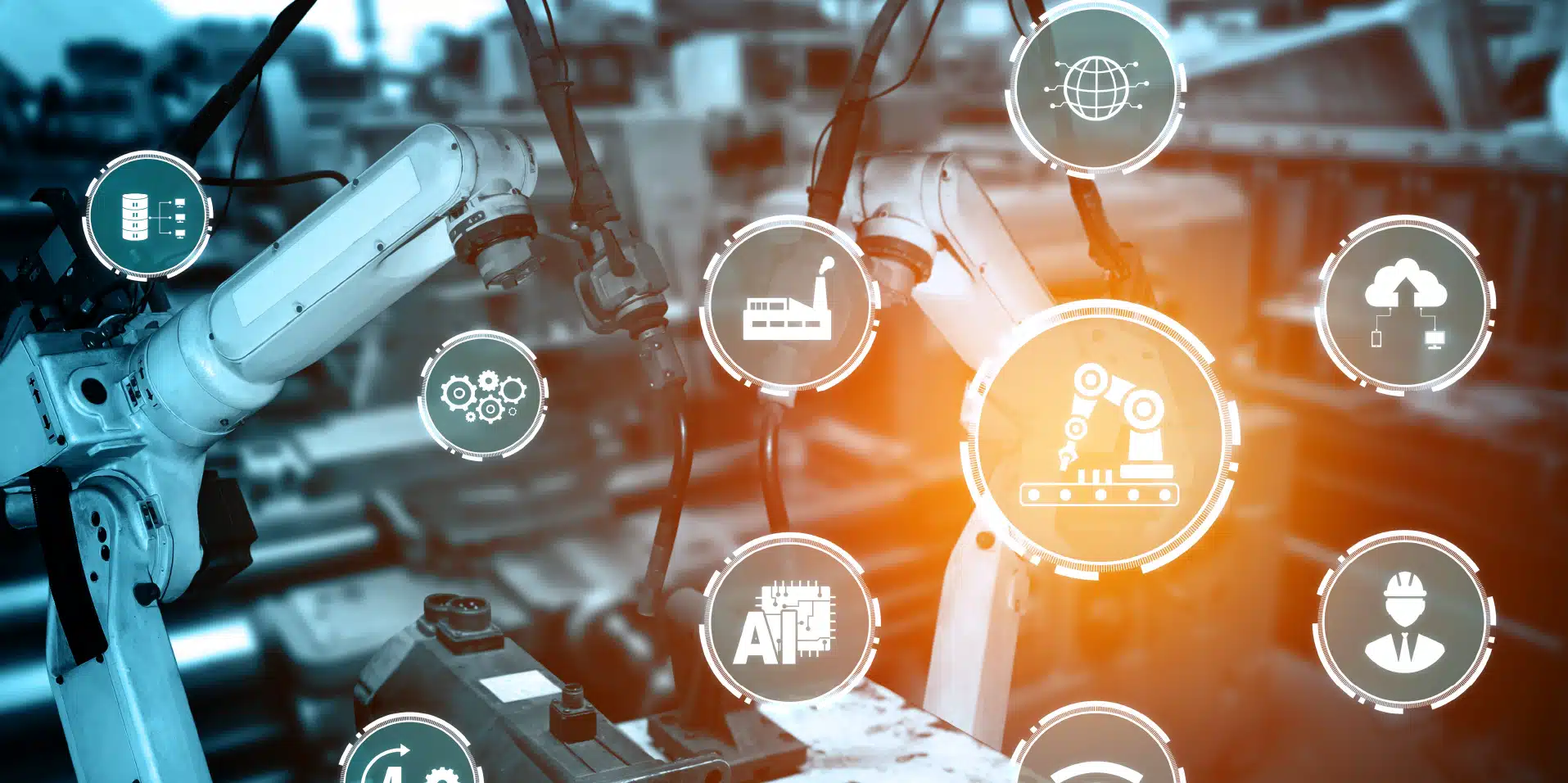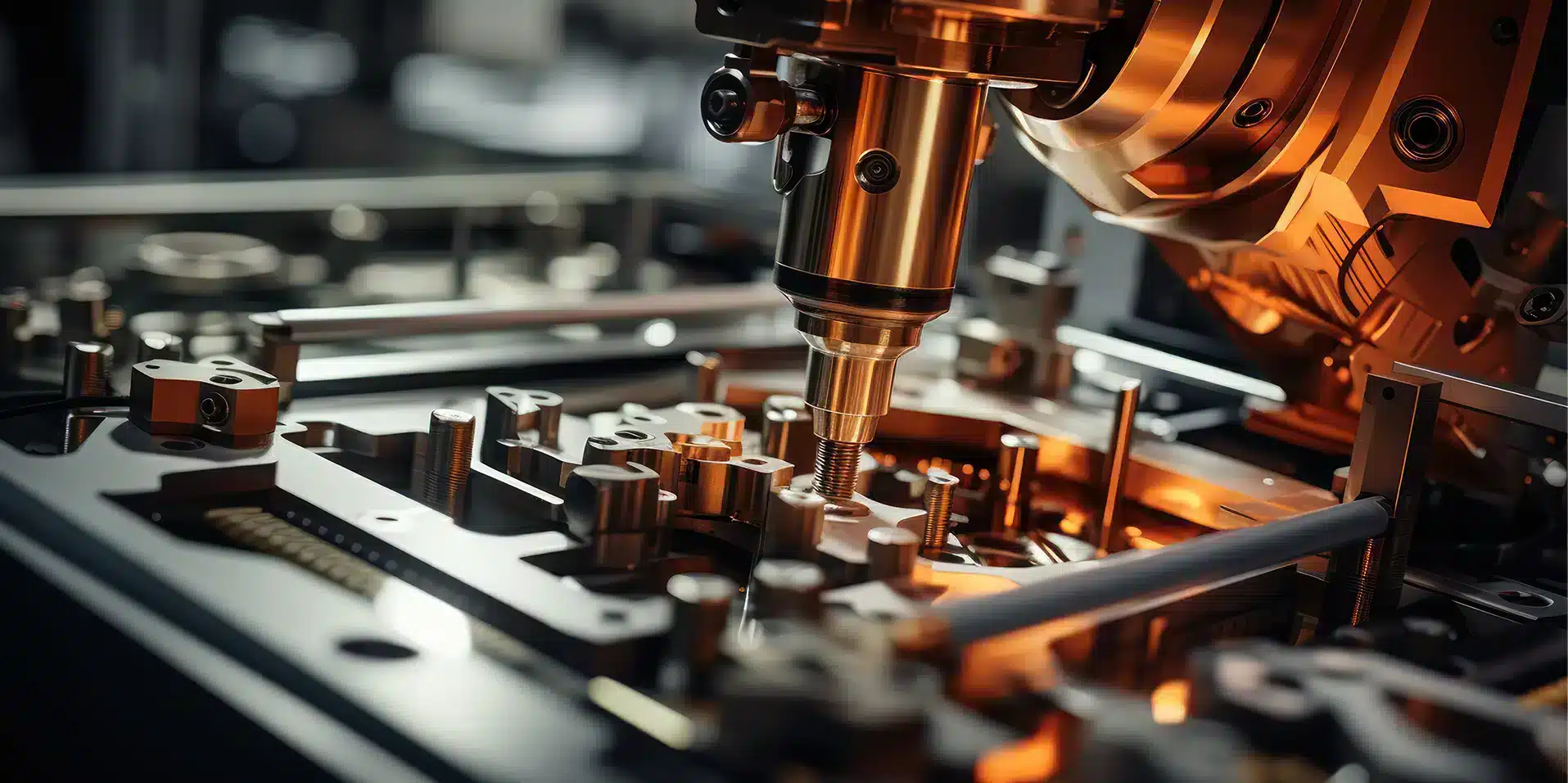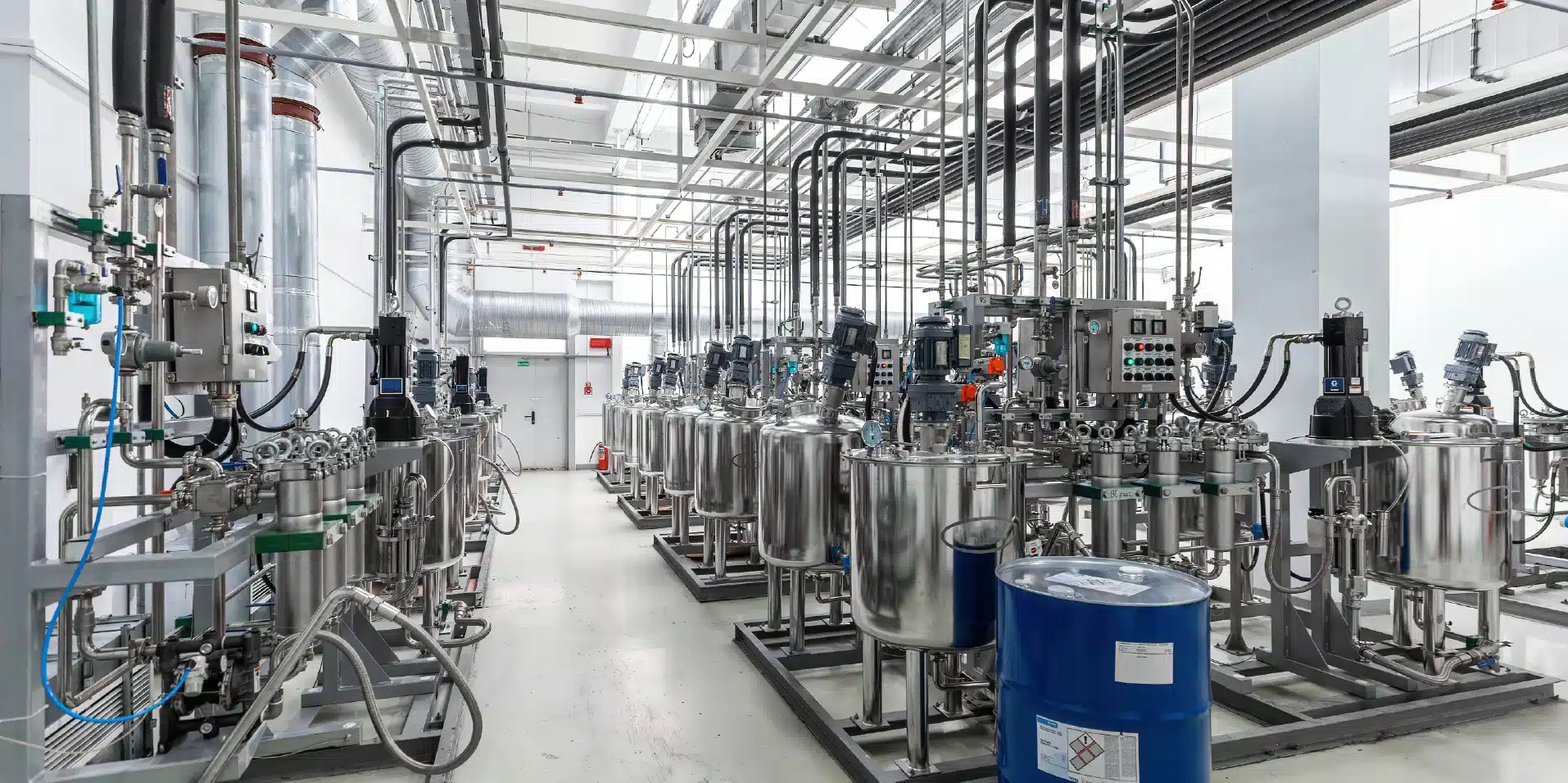Utthunga’s Automation Solutions
Companies adopting automation solutions see up to a 30% boost in efficiency and a 25% drop in downtime, gaining a clear edge over competitors. These results come from seamless integration, precise control, and optimized processes—driving sustainable growth.
At Utthunga, we help businesses achieve these results with vendor-neutral automation solutions designed specifically for manufacturing and process industries. From system design and integration to continuous performance tuning and support, we ensure your automation systems operate at optimal efficiency, maximizing value and reliability throughout their entire operational lifespan.
Whether it’s modernizing PLCs, optimizing SCADA systems, or implementing full-scale DCS and Industrial IoT solutions, our automation solutions are designed for reliability, scalability, and long-term value—empowering your business to stay ahead, adapt to change, and continuously improve performance.
Our Automation Solutions Suite
The Utthunga Difference
Vendor-Neutral, Multi-Brand Expertise
Predictive Insights
Leverage advanced analytics and real-time monitoring for smarter, data-backed decisions that drive proactive action and enhance operational efficiency.
Standard, Regulatory & Compliance-Ready Solutions
Scalable & Secure Industrial IoT
Implement cloud-ready, edge-enabled automation solutions designed for scalability, resilience, and top-tier security.
Effortless OT-IT Integration
Efficiency on autopilot. Success on your terms—driven by smart automation.
FAQs
1. What services do industrial automation companies’ typically offer?
Many leading industrial automation companies provide comprehensive, end-to-end support to help manufacturers modernize and optimize their operations. These full-service offerings typically include turnkey industrial automation solutions such as system design and integration, retrofits for legacy equipment, packaging automation, and OEE (Overall Equipment Effectiveness) optimization.
In addition, providers deliver ongoing industrial automation services like preventive maintenance, troubleshooting, and upgrades to ensure long-term performance. Whether you’re implementing a new industrial automation system or enhancing an existing setup, the right partner ensures seamless deployment, reduced downtime, and measurable productivity gains.
2. Do industrial automation partners provide 24/7 technical and on-site support?
Yes, many industrial automation partners provide 24/7 technical and on-site support to ensure smooth and reliable operations. Since downtime can significantly impact production, providers of industrial automation solutions typically offer round-the-clock assistance—whether it’s troubleshooting, emergency repairs, or remote monitoring.
In addition to reactive support, leading partners also include preventive maintenance as part of their industrial automation services, helping extend the life of critical equipment and minimize unexpected failures. This level of support is especially important for complex industrial automation systems, where uninterrupted performance is essential for meeting production and safety goals.
3. How do industrial automation solutions providers ensure cybersecurity and compliance for control systems?
Reputable industrial automation companies place strong emphasis on cybersecurity and regulatory compliance when delivering their solutions. Modern industrial automation systems are deeply connected to plant networks, which makes them potential targets for cyber threats. To safeguard operations, providers integrate secure network architectures, role-based access controls, encrypted communications, and continuous monitoring.
They also align their industrial automation solutions with industry standards such as ISA/IEC 62443, NIST, and OSHA safety requirements. In addition, many offer specialized industrial automation services like vulnerability assessments, patch management, and employee training to ensure both security and compliance. This holistic approach helps manufacturers protect critical assets while maintaining safe and efficient operations.
4. What are the benefits of IIoT and smart manufacturing for U.S. operations?
IIoT and smart manufacturing give companies’ real-time visibility into their production environments, leading to measurable gains in efficiency, quality, and cost control. By connecting machines, sensors, and software into a unified industrial automation system, manufacturers can reduce unplanned downtime, improve predictive maintenance, and optimize energy use.
Many industrial automation companies also pair these technologies with advanced analytics, helping businesses make data-driven decisions that boost productivity and ensure regulatory compliance. The result is a more resilient and agile operation that can adapt quickly to market demands.
5. How significant is automation in addressing U.S. labor shortages and workforce transformation?
Automation has become a critical solution for manufacturers facing persistent labor shortages. By implementing flexible industrial automation solutions, companies can maintain high production levels even with a reduced workforce. This doesn’t replace human workers but allows them to shift into higher-value roles such as system monitoring, data analysis, and process improvement.
Leading industrial automation services also include workforce training, ensuring employees are equipped to manage and maintain new technologies. In this way, automation not only fills labor gaps but also supports long-term workforce transformation and competitiveness.





